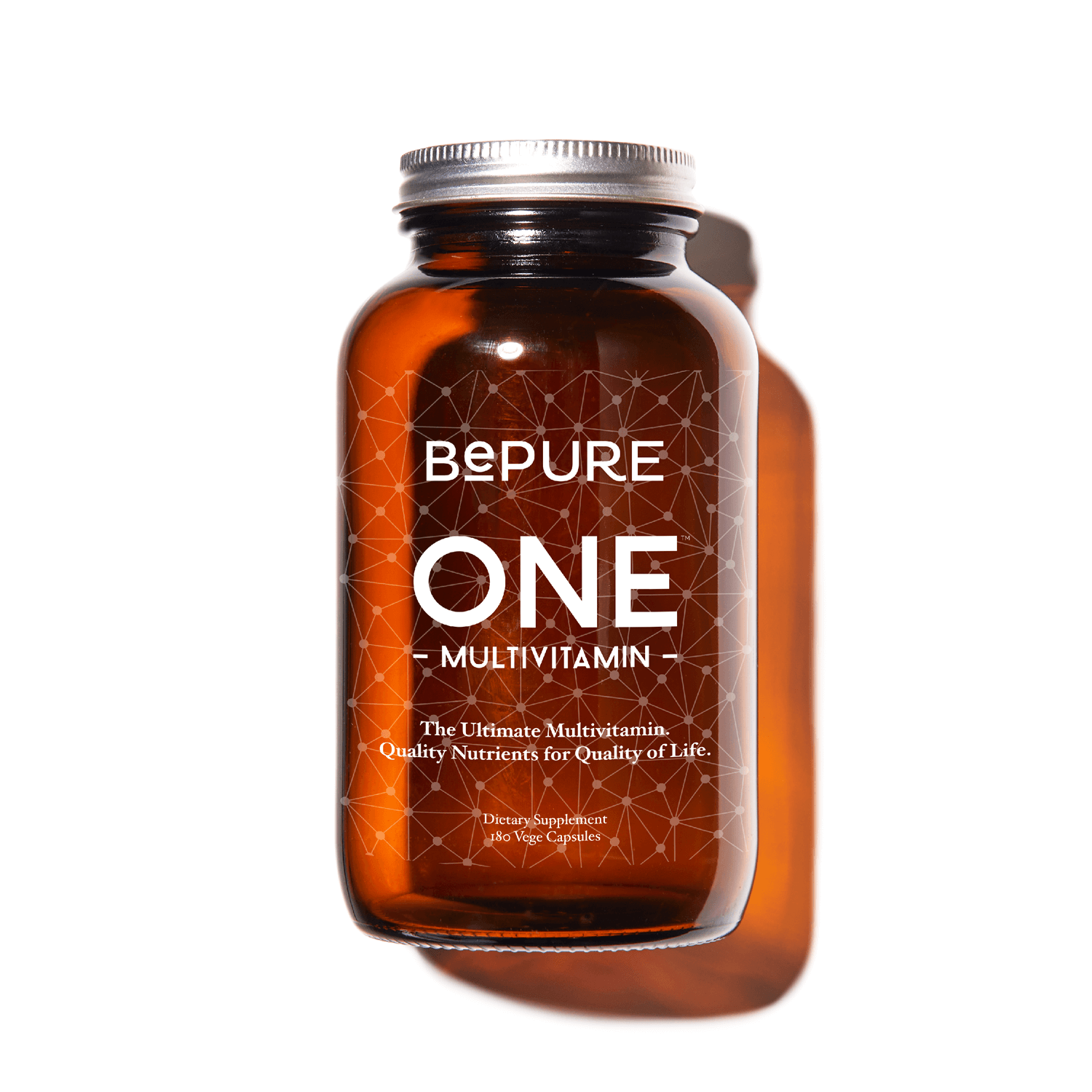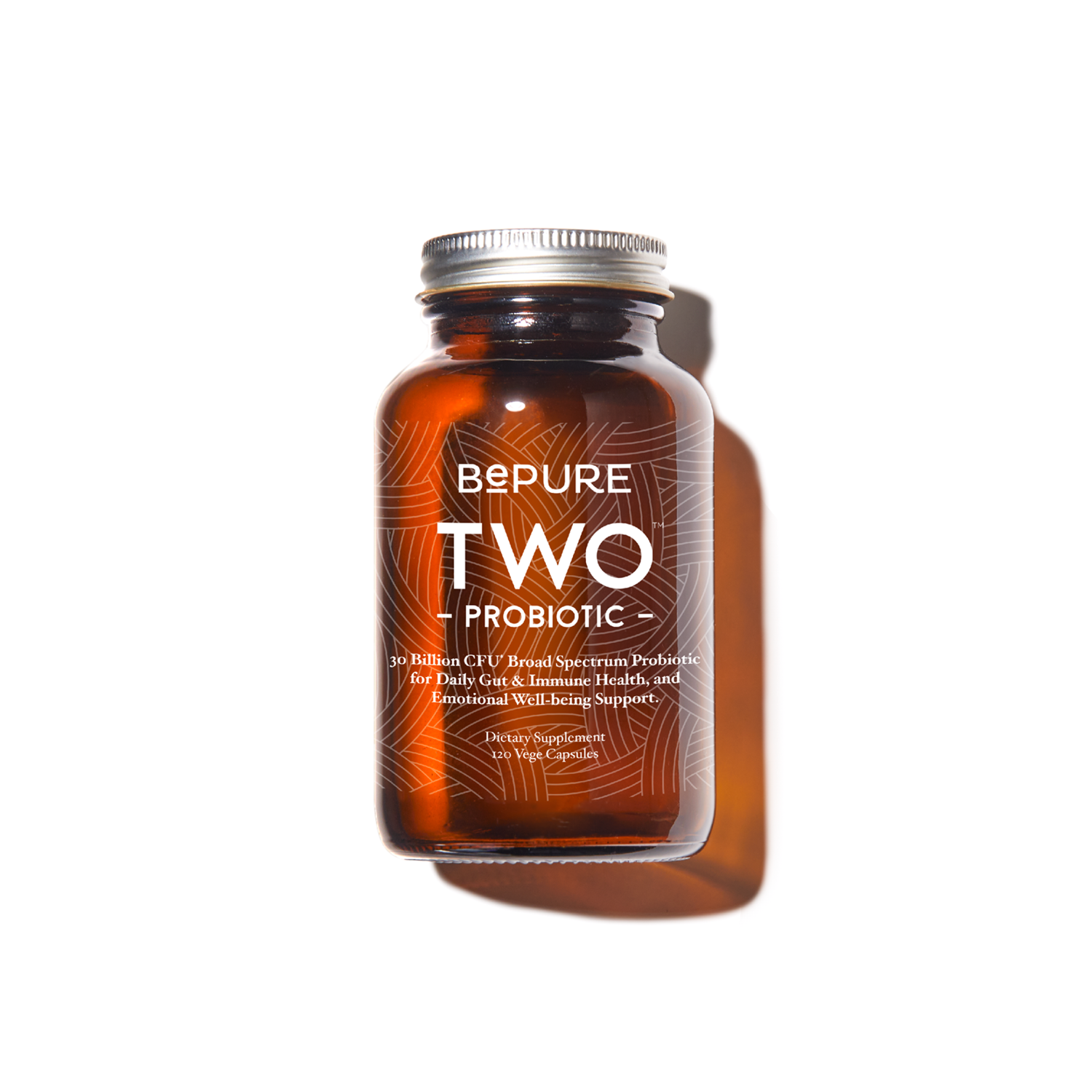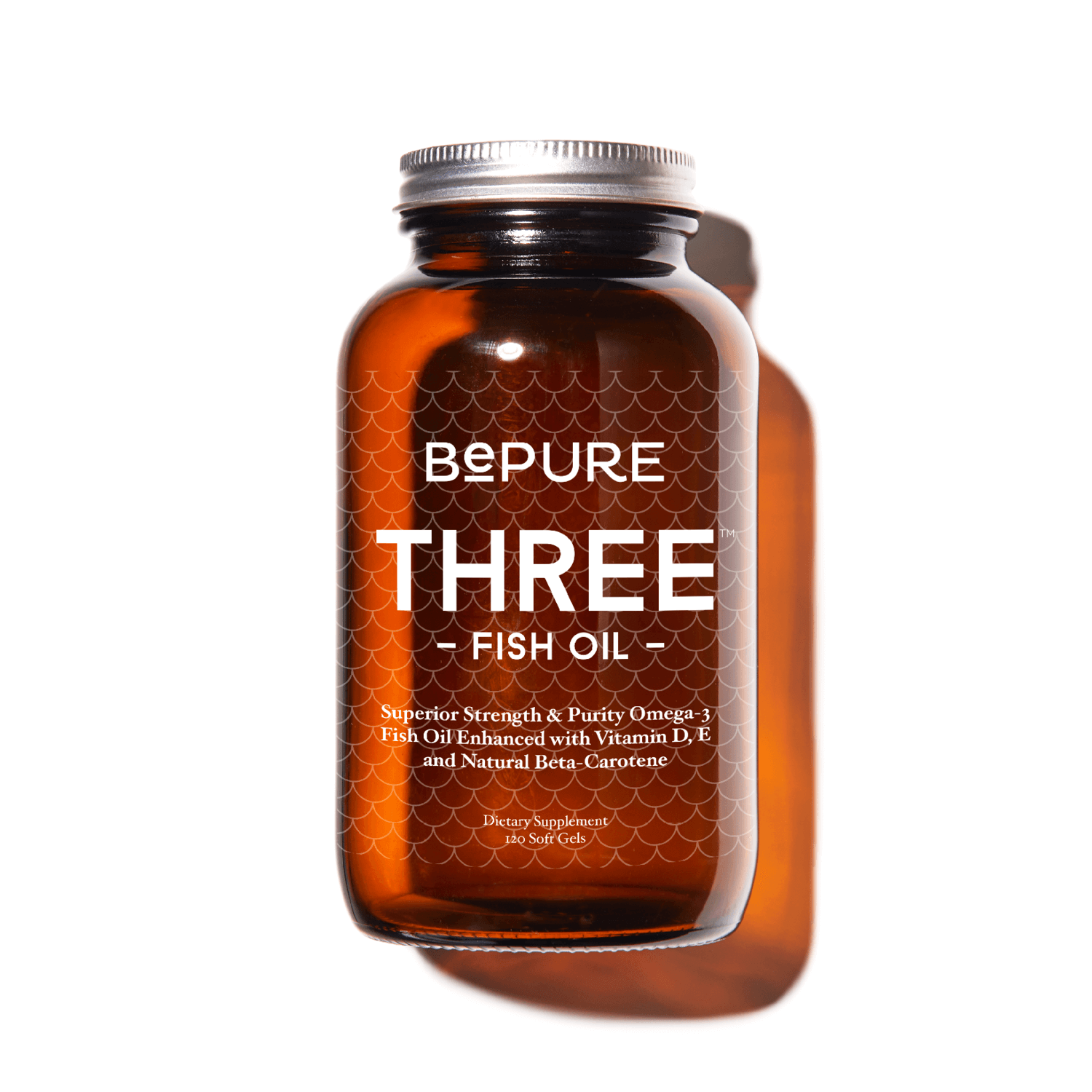We've all heard that sugar is pretty bad for us. Most of us relate sugar to what it does for our waistlines. But it's so much more than that!
Many nutritionists - myself included - now think added sugar is the worst ingredient of any modern diet.
At best, it is addictive and devoid of nutrients our body actually needs. At worst it can contribute to autoimmune conditions, dementia, metabolic disorders, and diabetes.
When it comes to sugar, it’s about much more than physical appearance. High sugar consumption can lead to fatty liver and type two diabetes - even in individuals who are not overweight.
In 2015 the World Health Organisation issued revised guidelines for sugar consumption.
The World Health Organisation advises that men eat no more than 9 teaspoons of sugar per day, women 6 and children 3.
Naturally occurring sugar found in fruit - when it is kept in its whole form - does not count towards this total.
However, free sugars, added sugars, and even natural sweeteners, such as honey, rice malt syrup, maple syrup, fruit juice, and coconut sugar, as well as juice and dried fruit, will all count toward your daily total. In this concentrated form, without the fibre to slow absorption, natural sweeteners still release pure sugar into your bloodstream, resulting in an insulin spike.
Kiwi's are consuming, on average, 37 teaspoons of the sugar daily!
That's four times the WHO guidelines of 6-9 teaspoons. And 34 teaspoons over the amount I recommend.
In this article, I'll be discussing sugar in all its forms, where it's hidden and what it really does to your body—and, of course, how you can avoid those nasty cravings and cut back on the sweet stuff.
The Problem with the White Stuff...
It all boils down to a naturally occurring carbohydrate called fructose. Added sugar is high in fructose, which can overload your liver. In order to understand what is so bad about sugar, we need to understand what it is made of.
Before sugar enters the bloodstream from the digestive tract, it is broken down into two simple sugars:
1. Glucose: found in every living cell on the planet. If we don’t get it from our diet, our bodies produce it.
2. Fructose: Fructose is different. Our bodies do not produce it in any significant amount and there is no physiological need for it...
The problem with Fructose
The thing with fructose is that it can only be metabolised by the liver in insignificant amounts.
This is not a problem if we eat a little bit (such as fruit) or after we have just finished an exercise session. In this case, the fructose will be turned into glycogen and stored in the liver until we need it.
The problem comes in the amounts we are eating and the fact that our liver can only store a certain amount. Anything extra, our liver will dump into our bloodstream as fatty acids. These fatty acids react with triglycerides and form the hard, dense "bad LDL" cholesterol that can clog our arteries and contribute to cardiovascular disease.
Added sugar also stimulates appetite control centres in your brain. Kathleen Page from the University of Southern California looked at the effects of fructose on the hypothalamus, or appetite control centre, of our brains.
She found that subjects fed a high fructose diet did not report being full after eating a meal. The hypothalamus responds to hunger hormones, in particular leptin, and sends a signal to our bodies that we are full. When the brains of this test group were studied, their hypothalamus gland was highly active. Meaning they hadn't received the message yet that they were satisfied.
Similarly, Dr Robert Lustig, says that when eating a high fructose diet, our hunger hormones are blocked by the overproduction of insulin. This means our hypothalamus never gets the message to stop eating.
Now for some Gobsmacking Facts
Recently a report from the British Journal of Sports Medicine looked into whether the current global obesity epidemic was the result of insufficient nutrition or exercise. Their findings found:
- Exercise is great for supporting mood and the right exercise can affect longevity and body composition BUT, a person’s nutrition habits (in particular over consumption of refined grains and sugar) contributed far more to the incidence of obesity.
- The prevalence of diabetes increases 11-fold for every 150 additional sugar calories consumed daily. This equates to an extra 9 teaspoons of sugar per day.
- The report points out the public relations tactics of the food industry are “chillingly similar to those of Big Tobacco.” According to the experts, our calorie-laden diet “generates more ill health than physical inactivity, alcohol and smoking combined.”
- A high sugar, highly refined carbohydrate diet puts people at risk of hypertension, high cholesterol, fatty liver disease and heart disease even if they are not overweight.
So what can we do about it? How can we cut down our sugar consumption and what about alternative sweeteners?
Cutting back on Sugar
The first thing I would recommend is to commit to a period of time with 1-2 pieces of whole fruit per day and no additional sweet food. It's difficult initially and if you’ve been consuming a lot of sugar until this point you may experience headaches and other withdrawal symptoms. Go easy on yourself, dial back your physical activity and opt for gentle walking or yoga as your body adjusts.
Drinking plenty of water and “crowding out” the sugar cravings with nutritious foods such as leafy greens, avocados, nuts and seeds will help.
I DO NOT recommend opting for snacks and treats that use artificial sweetener. Artificial sweetener is the worst kind of 'sugar' you can consume, even worse than white processed sugar!
Packed into soft drinks and various other foods and marketed as a dieting aid, artificial sweetener increases your risk of developing Type 2 diabetes in the same way sugar does.
My advice is to stay as far away as possible from artificial sweeteners. You won't be gaining any benefits and will only be adding unnecessary chemicals to your diet.
What are the types of Sugars? Which one is better for me?
I'd prefer you to cut down on all sugars, regardless of how 'good' they are, but it's important to know what options you have if you really need something sweet.
As I've said, artificial sweetener is the absolute worst and you should stay away from this at all costs. Next is refined sugar. It's not quite as bad as the artificial sweetener but contains absolutely no nutritional content and as mentioned above is terrible for your health.
Raw sugar is a slightly better option, but better still are natural sweeteners like natural maple syrup and honey. Ensure your maple syrup isn't the synthetic 'flavoured' kind because this hasn't got the mineral content that natural maple syrup has. Honey should be as unprocessed as possible, try to find a good raw honey to take advantage of the health benefits!
Your best option is blackstrap molasses. This is packed full of minerals and much better for you. It is especially good if you are low in B12 or iron.
Watch out for Sneaky Sugar
Have you ever flipped over a packet and read the ingredients list? A good thing to remember: the ingredient that is in the highest quantity is listed first.
Often you'll see things like 'wheat flour', which metabolises into sugar in the body, or maltose, dextrose or any other word ending in -"ose", which all end up meaning the same thing - SUGAR.
By naming it in its various forms, companies avoid having the word 'sugar' too high on the ingredients list! It's no wonder we consume too much.
Try to stick to whole foods, but if you absolutely have to have something in a packet, make sure you read the ingredients list and stay away from the -"ose".



